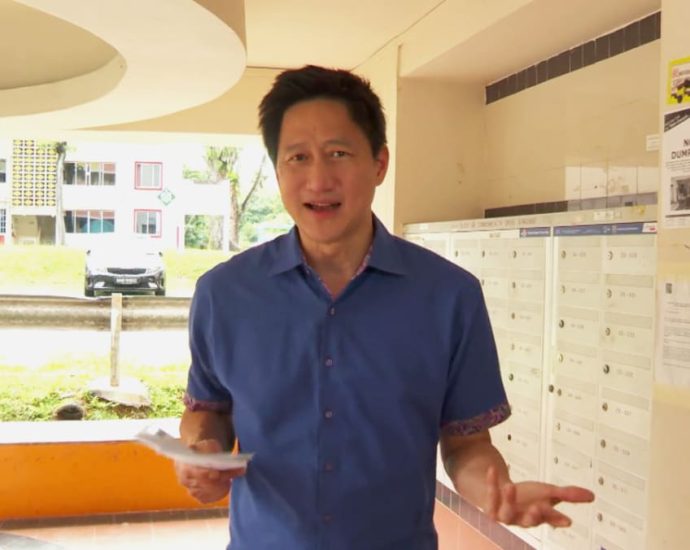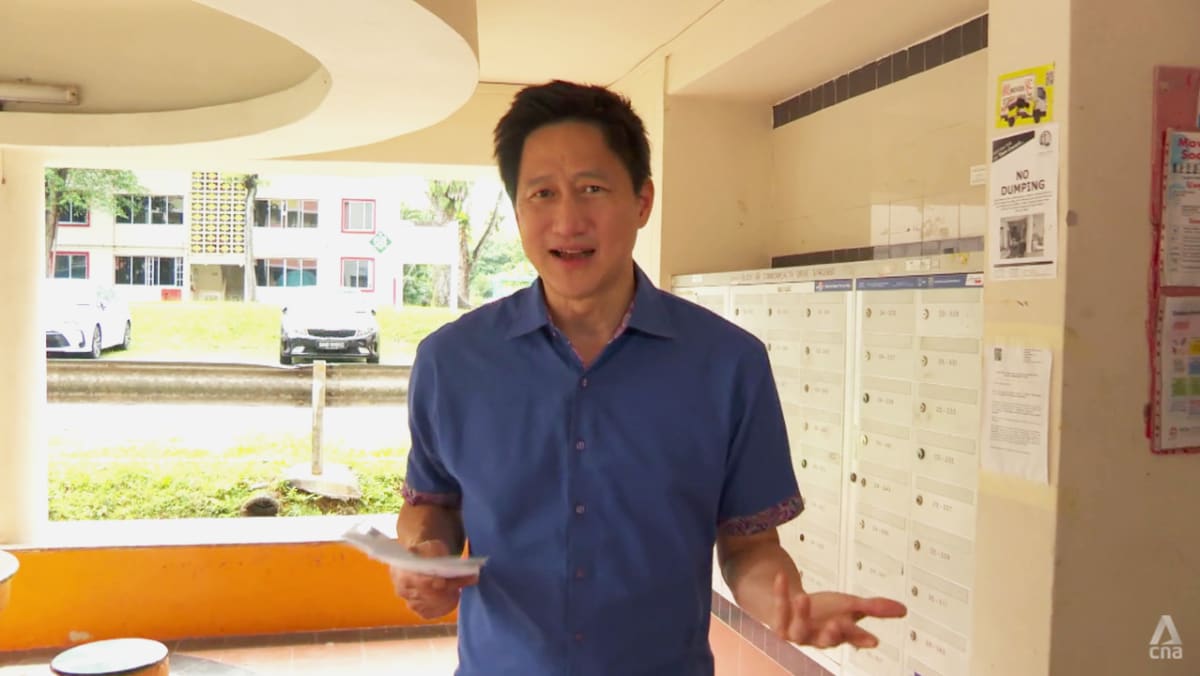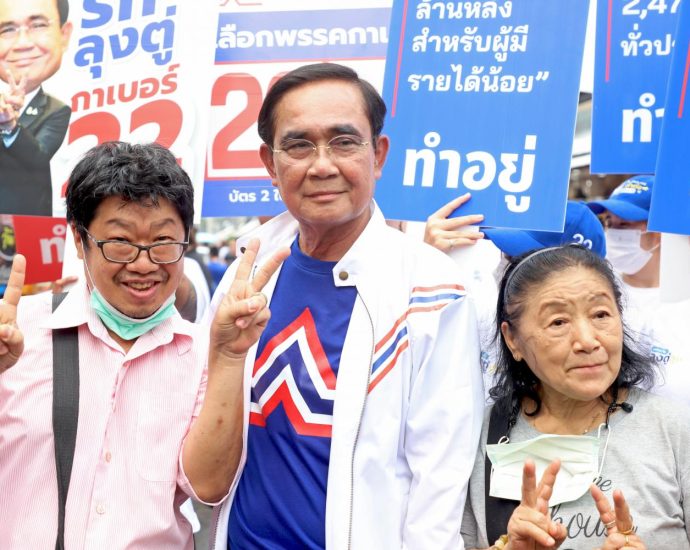Commentary: Reintroducing some form of inheritance tax could help address wealth inequality in Singapore

In practice, an inheritance tax can end up a cat-and-mouse game. The ultra-rich can easily avoid inheritance tax through tax planning, for example by gifting properties to the next generation during their lifetime.
As a result, the eventual annual tax collected from estate duty was only about S$75 million on average, according the 2008 Budget statement. This makes it an unsustainable source of tax revenue for the government to rely on, when compared to the resources that must be mobilised to collect this tax.
THREAT OF CAPITAL FLIGHT
These factors favouring the removal of inheritance tax are still valid today. Our entrenched position as a wealth management hub in the region will be seriously threatened if the inheritance tax is re-introduced.
The likelihood of the exodus of funds and assets out of Singapore to other countries with no inheritance tax is high. Worse still, some of our wealthy residents may be enticed to relocate if that can save them from such a high tax burden.
Consequently, more tax revenue could potentially be lost if we take into account the Goods and Services Tax (GST) on the big-ticket items they may otherwise have purchased or the income tax payable by their family members who derive employment or trading income.
Such capital flight means tax collection will continue to be low unless the taxes are tweaked to make it more progressive, with much higher tax rates and lower exemption values at the risk of diluting our attractiveness as a wealth management hub.

















